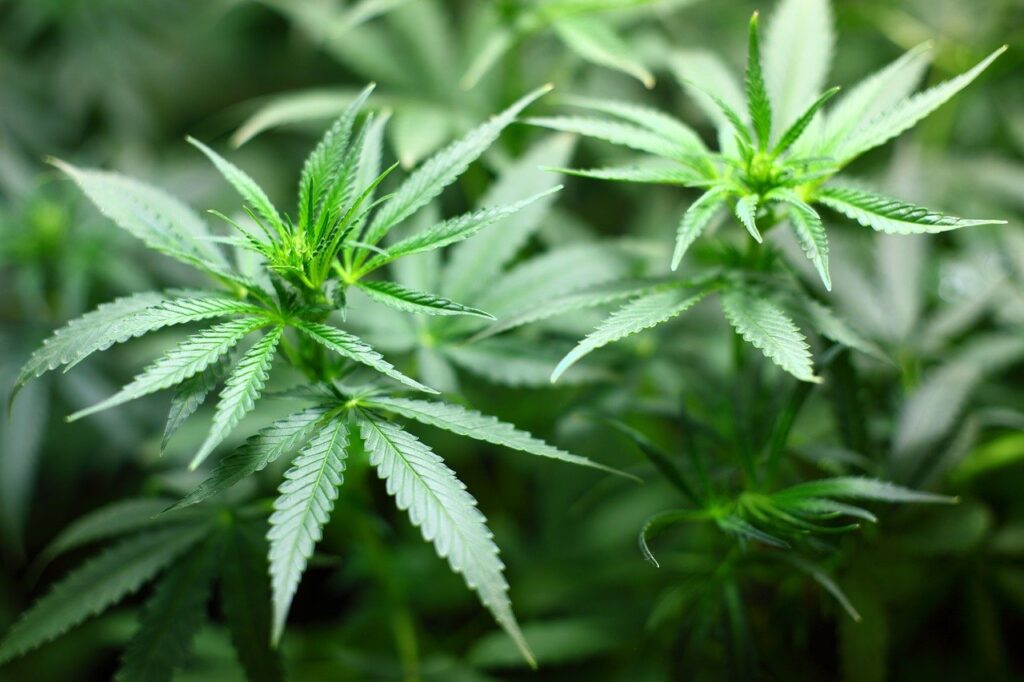 As of this writing, 38 states have legalized medical marijuana. A total of 24 states have also legalized the drug for recreational use.
As of this writing, 38 states have legalized medical marijuana. A total of 24 states have also legalized the drug for recreational use.
Despite the nation's legal cannabis market being worth an estimated $30 billion, marijuana remains an illegal controlled substance under federal law. Although the federal government rarely, if ever, prosecutes individuals operating within a state's legal cannabis framework, marijuana's current status as a Schedule I drug has significant implications for the industry. effect.
This will probably change soon. The U.S. Drug Enforcement Administration plans to reclassify marijuana as a less dangerous Schedule III drug under the Justice Department's proposal. Schedule I drugs (others include heroin and LSD) are considered by the federal government to have a high potential for abuse and no legitimate medical use. On the other hand, Schedule III drugs (examples include ketamine and certain anabolic steroids) often have widely recognized medical uses and have a lower risk of addiction.
The historic move to reclassify cannabis from Schedule I to Schedule III will provide a much-needed lifeline to struggling legal cannabis businesses. Venture capital investment in marijuana companies has tapered off significantly in recent years. Venture capitalists poured just $550 million into legal cannabis last year, although it reached a $3 billion level in 2019 and another $2.7 billion was invested in 2020. Publicly traded stocks related to the marijuana industry are far from all-time highs, and just days ago one of the most prominent cannabis companies, MedMen, filed for bankruptcy.
Schedule III reclassification could help cannabis providers in a number of ways. It would allow cannabis companies to deduct business expenses from federal taxes, remove many restrictions on cannabis research (possibly expanding medical uses for cannabis), and still make marijuana use in the country punishable. Protections would be provided to potential medical cannabis consumers. coverage of employment or housing under the current federal system;
Even though reclassifying cannabis would solve many problems, it would not address some of the most harmful problems in the legal cannabis industry. Although this change would not allow legal interstate trade in cannabis, it may be a first step toward the necessary approval for interstate transfers by the U.S. Food and Drug Administration (cannabis markets in some states has been hit hard by oversupply.) Schedule III status would also maintain the prohibition on federally chartered financial institutions from doing business with cannabis companies. However, the reclassification may lead to Congress ultimately approving the SAFER Act. The SAFER Act is a cannabis industry-specific banking bill that expands dispensaries' access to banking services.
Notably, Schedule III reclassification does not legalize marijuana nationwide, and several procedural hurdles remain. To take effect, the proposed reclassification must pass the White House Office of Management and Budget, a public comment period, and review by an administrative law judge.
Removing marijuana from the list of Schedule I drugs and placing it in the Schedule III tier does not alleviate all of the problems plaguing the legal cannabis industry. From a federal perspective, cannabis still has a long way to go before it is regulated like tobacco or alcohol. Even so, this change would remove a significant number of barriers to business and would undoubtedly be the most significant federal action taken regarding marijuana in a very long time.
Jonathan Wolfe is a civil litigation expert and author of the following books: Your debt free JD (Affiliate link). He teaches legal writing, writes for a variety of publications, and finds it both his job and pleasure to promote financial and scientific literacy. The views he expresses, while perhaps genuine, are still his own and should not be attributed to any organization to which he is affiliated. He wouldn't want to share the credit anyway. You can contact him at: jon_wolf@hotmail.com.


